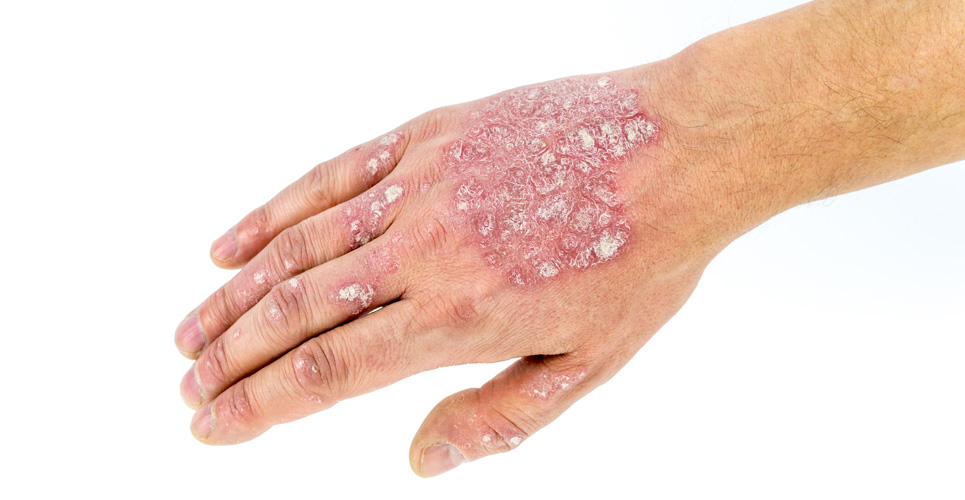teaser
Merck Serono, a division of Merck KGaA, Darmstadt, Germany, announced today that the European Commission has approved an update of the Summary of Product Characteristics (SPC) for Raptiva (efalizumab) in the treatment of moderate-to-severe chronic plaque psoriasis, a chronic inflammatory systemic disease of the skin.
The decision followed a positive recommendation by the Committee for Medicinal Products for Human Use (CHMP), the scientific committee of the European Medicines Agency (EMEA), which had previously completed a benefit-risk reassessment of Raptiva. The CHMP had concluded, based on the clinical and post-marketing data submitted by Merck Serono, that the benefit-risk profile remains positive for the population in the approved indication.
The SPC has been amended to include efficacy and safety data on up to three years of continuous treatment with Raptiva, the longest for any approved biological therapy for psoriasis.
The “Clinical efficacy” section of the SPC for Raptiva now includes a new subheading on long-term treatment, stating that approximately 50% of the responding patients treated for more than one year showed a 75% improvement in the disease, as measured by the standard Psoriasis Area and Severity Index (PASI) score (PASI-75), when all dropouts were considered as non-responders.
Regarding undesirable effects, no increase in the incidence of serious infections over time was observed. There was also no evidence of increased risk of any particular malignancy over time with the exception of non-melanoma skin cancer.
“We are delighted with the European Commission decision,” said Roberto Gradnik, Head of Merck Serono’s European Operations.
“The confirmation of the positive benefit-risk profile for Raptiva and the inclusion of long-term data is reassuring news for dermatologists and their psoriasis patients. They can feel comfortable that Raptiva therapy constitutes a safe and efficacious option to manage their disease.”

